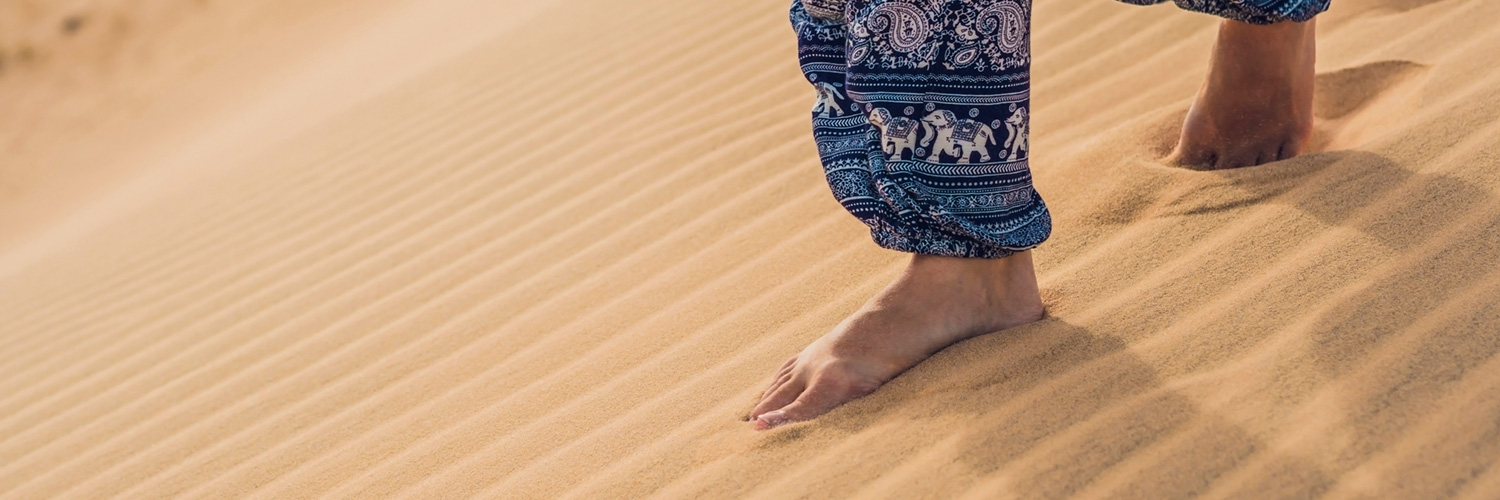
Mabaruli And Responsible Tourism
Responsible Tourism and Eco Tourism in Africa has become more of a big business of a marketing term than that of what some companies do. It should be from an Operators view to ideally respect the entire natural environment as well as the local people that live in the country and to aim to improve conditions to both.
“take nothing but photos, leave nothing but footprints”
What is Responsible Tourism?
Responsible Tourism is tourism which:
- Minimizes negative economic, environmental & social impacts
- Enhances the wellbeing of host communities and generates greater economic benefits for local people
- Improves working conditions and access to the industry
- Involves local people in decisions that affect their lives and life chances
- Makes positive contributions to the conservation of natural and cultural heritage embracing diversity
- Provides more enjoyable experiences for tourist through more meaningful connections with local people, and a greater understanding of local cultural, social, and environmental issues
- Is culturally sensitive, encourages respect between tourists and hosts, and build local pride and confidence”
What Responsible Tourism in NOT:
- Responsible Tourism is not another form of ‘niche tourism’ – Responsible Tourism is about the legacy and the consequences of tourism – for the environment, local people, and local economics
- Responsible Tourism does not take place in protected natural environments – Any tourism business, whether located in thriving metropolis, a desert, rural village, sub-tropical island, medieval town – can be a Responsible Tourism operation.
- Responsible Tourism is the responsibility of big business – The smallest of owner managed tourism businesses are already practicing Responsible Tourism.”
Mabaruli African Safaris aims to give as much back to Namibia, as we can and not just conserve. As a Namibian based Tour Operator, we have always sought to work with local communities, protect our environment we operate in and employ local guides.
How Mabaruli makes a difference in Responsible Tourism:
1. Mabaruli African Safaris is 100% African owned, which means previous and current owners was born in Africa, they have a passion for Namibia and the African continent. The company is run in such manner that all income is used only in Southern Africa.
2. We limit our group sizes to 14 to reduce cultural and environmental impacts.
3. Our itineraries are carefully selected to follow Responsible Tourism Guidelines, to ensure that the local people in Namibia and neighbouring countries whose land and knowledge are being used, benefits from our tours.
4. We support local businesses, using only locally run accommodations, campsites, restaurants and services wherever possible, and avoiding the use of international chained hotels. These local businesses contribute directly to their communities as local staff are employed and local products and resource goods are brought for the accommodation establishments, benefiting a wider community.
5. On tour we limit our stay of 2 nights at destinations to minimize environmental impact. Also managing waste, litter, noise pollution and local water consumption.
6. Mabaruli’s Tour Leaders aims to interpret the natural and cultural heritage of the destination to our visitors to the country.
7. Tour funds are used locally, benefiting the Namibian economy and the tourism industry.
8. During wildlife safaris and game drives we behave responsibly with wildlife we may come into contact with.
9. On all our safaris we encourage clients to travel responsible.
10. At our office and workshop we are also committed to trying to reduce, re-use and recycle as much as possible.
11. After a safari, we hand over a feedback questionnaire; our clients have a change to comment to our attitude to responsible tourism and environmental issues on the specific safari they conducted with Mabaruli.
12. On all our vehicles passengers can recharge their electrical appliances with an inverter in the vehicle while driving, this minimises the demand for power at local campsites.
13. Tour Leaders ensure that they leave each campsite clean and un-littered and encourage the use of recycle bins at campsites.
14. It is encouraged on our tours, that passengers do not give local kid’s sweets and cash to adults. This can create a begging society. Donation can rather be collected either by buying books, pens, crayons, and this can be given to the kids or to a local school. Passengers who have sleeping bags and clothes which they don’t want to take back home, can be handed over to guide for donation to an organization.
15. Twenty-five percent of all park entrance fees paid are reinvested by the MET (Ministry of Environmental and Tourism) of Namibia through the Game Products Trust Fund into essential infrastructure and services related to tourism in Namibia’s parks.
16. When visiting sites such as Twyfelfontein Ancient Rock Art, White Lady and Petrified Forest, local community persons are employed, taking tourist on guided walks, thus helping the community to benefit directly from tourism.
17. Each year Mabaruli have a staff meeting, training our staff in all aspects of their jobs which includes Responsible Tourism, not just for on the road, but also guidelines they can use in they own homes and communities.
18. Each day Mabaruli and staff learn more on how we can contribute towards responsible tourism on our safaris.
19. We strive to only employ Namibians, some of our guides & camp assistants we have trained them to become Tour Guides & Camp Assistants and have been working for us for many years.
